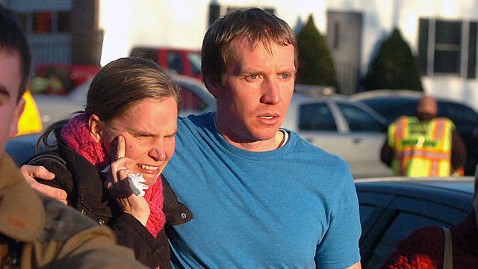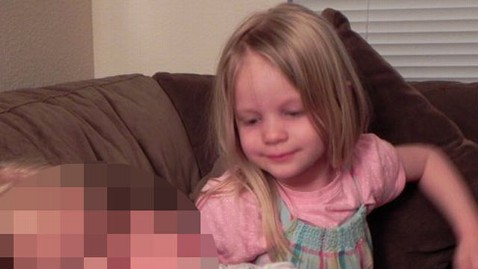CARACAS (Reuters) - Venezuelans vote on Sunday in state elections that will define the future of opposition leader Henrique Capriles and test political forces ahead of a possible new presidential vote if Hugo Chavez is incapacitated by cancer.
The vote for 23 state governorships, of which the opposition controls seven, has been overshadowed by the president's battle to recover from cancer surgery in Cuba.
Yet it will have major implications for the unfolding political drama in the South American OPEC nation with the world's largest oil reserves.
Capriles, 40, must retain the governorship of Miranda if he is to remain the opposition's presidential candidate-in-waiting, while both sides will want a good showing to create momentum in case of a new showdown over who replaces Chavez.
"This is the best indication of how well the opposition will fare in an upcoming contest for the presidency between Henrique Capriles and designated Chavez dauphin Vice President Nicolas Maduro," said Russell Dallen of Caracas-based BBO Financial Services.
Whatever the private machinations going on, in public Maduro and other senior officials are focused only on Chavez's recovery after complications from Tuesday's operation in Havana.
It was a fourth surgery for the socialist leader since he was diagnosed with cancer in the pelvic region in mid-2011.
After re-election in October, Chavez, 58, is due to start a new term on January 10, but has named Maduro as his preferred successor should he be incapacitated.
That would trigger a new presidential poll within 30 days.
In its latest update, the government said Chavez had spoken to his family on Friday - possibly for the first time since surgery - and was recovering "satisfactorily" though slowly.
Few medical details have been released, so speculation is rife that Chavez may be in a life-threatening situation in Havana's Cimeq hospital with both a difficult post-operation recovery and a possible spreading of the cancer.
EMOTIONAL BACKDROP
In such a charged atmosphere, campaigning for Sunday's vote has taken a backseat to Catholic masses, prayer meetings and vigils across the nation for Chavez.
Maduro has wept in public, state media are replaying images of Chavez round-the-clock, and various government candidates held closing rallies simply playing the president's voice.
The sympathy factor could benefit Chavez's candidates and offset the disadvantage of losing his charismatic presence on the campaign trail in advance.
"Without wishing to be triumphalist, we have big chances of winning the 23 governorships and that is the biggest support we can give Chavez," said his brother Adan Chavez, who is seeking re-election in their hometown state of Barinas.
Still smarting from defeat in October, the opposition hopes voters will focus on grassroots issues and punish the government for power-cuts, pot-holed roads, corruption scandals, violent crime and runaway inflation.
"I put my life at the service of Miranda and Venezuela," Capriles said in his closing rally. "I'm not here to stay in power but to make a dream (of national change) come true."
Though widely expected to retain his Miranda seat, Capriles faces a well-financed challenge from senior Chavez ally Elias Jaua, a former vice president. If he defeats Capriles, it would leave the opposition in disarray and possibly spark in-fighting over who would be its next presidential candidate.
Two other opposition governors, Pablo Perez and Henri Falcon, are obvious possibilities. But first they too must retain their posts to maintain credibility, and they do not have the national recognition Capriles achieved during his unsuccessful run for the presidency in October.
Despite losing, he won the opposition's largest share - 6.5 million votes, or 45 percent - against Chavez, and impressed Venezuelans with his energetic style, visits to the remotest corners, and attention to their day-to-day issues.
"In the unlikely event that Capriles loses, he would probably have no chance of running for the presidency again," political risk consultancy Eurasia Group said.
The mid-December timing of the vote could count against the opposition, many of whose middle-class supporters often take advantage of school holidays to travel.
(Additional reporting by Marianna Parraga; Editing by Paul Simao)













